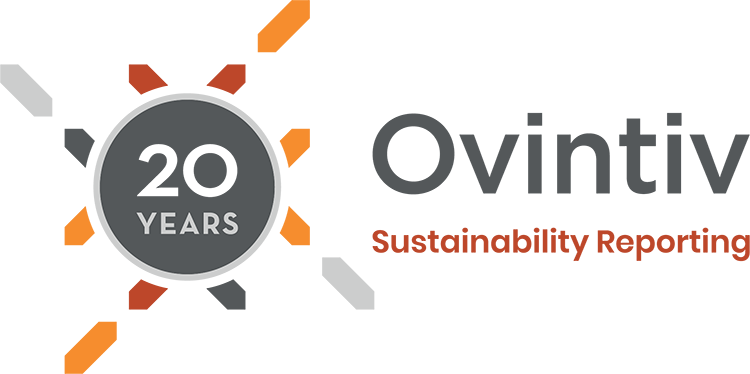
Ovintiv’s Supply Management team is committed to furthering environmental, social and governance progress. For example, Ovintiv utilizes production casing sourced from Vallourec’s manufacturing facilities in Ohio that are powered by 100% low carbon electricity. By selectively sourcing tubular products from this supplier, Ovintiv was able to avoid more than 63,000 metric tons of CO2e emissions since 2021. Additionally, Vallourec maintains a 98% waste recycling rate, which indicates their commitment to sustainability and providing their suppliers the lowest impact products available.
INNOVATION IN ACTION
LOCALLY SOURCED WET SAND REDUCES EMISSIONS AND LOWERS COSTS
Historically, the sand used in hydraulic fracturing was dried and transported to the wellsite, a process that is emissions, fuel and cost intensive. We have developed an innovative way to use locally sourced wet sand instead, lowering our environmental footprint. It also reduces hazardous airborne dust and can be stored in large, low-cost decanting piles. Locally sourcing the sand reduces transportation from traditional mines that are typically located long distances from the wellhead. In our Permian operations, the combination of sourcing sand locally and removing the drying process has reduced emissions more than 80% compared with imported sand.

